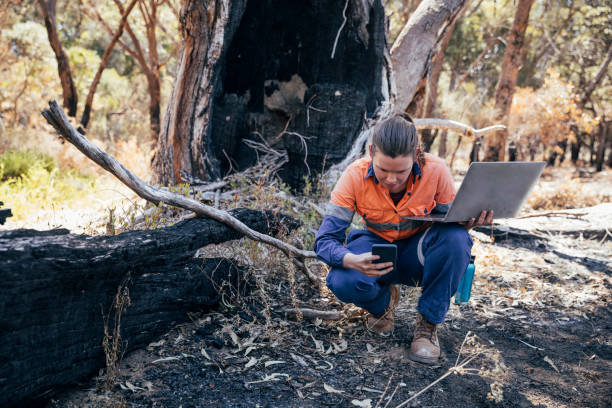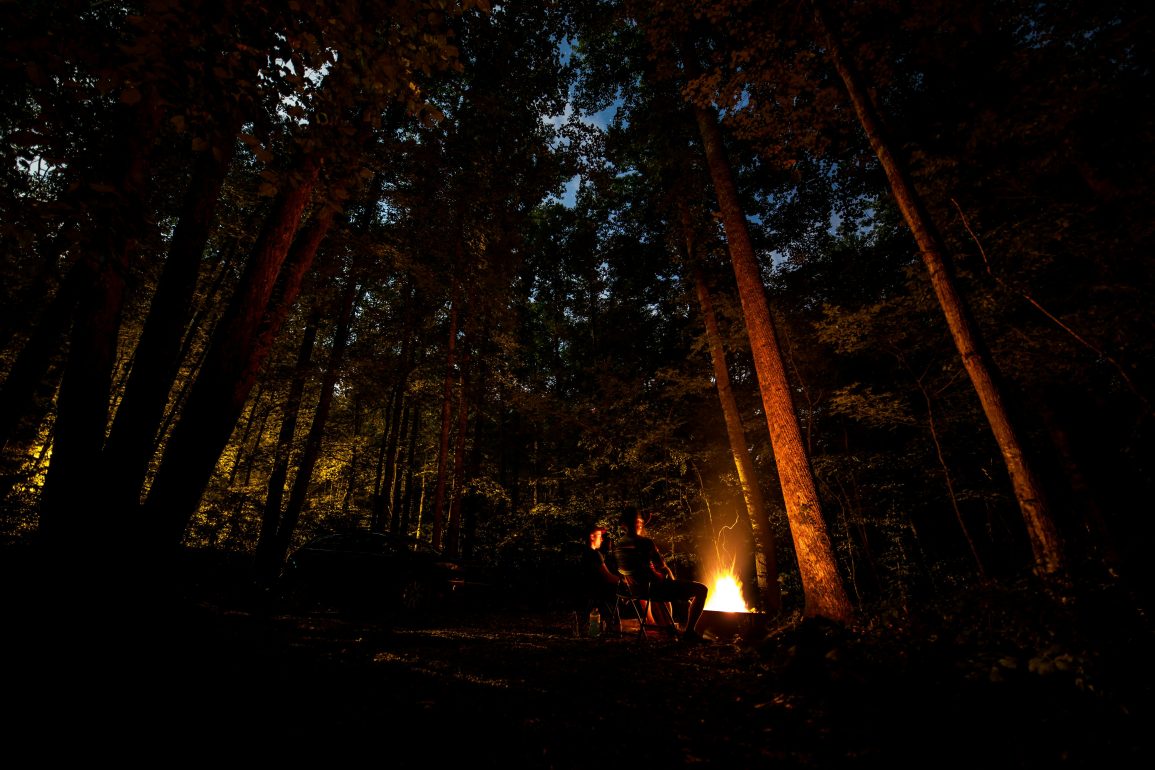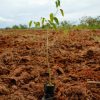A groundbreaking study has unveiled a startling 60% increase in carbon dioxide (CO2) emissions from forest fires worldwide since 2001, with some of the most climate-sensitive northern boreal forests experiencing nearly a threefold rise in emissions.
The research, led by the University of East Anglia (UEA) and published in *Science*, highlights alarming trends in the global dynamics of forest fires, emphasizing the urgent need for climate action.
The study categorizes the world into distinct “pyromes,” regions where forest fire patterns are influenced by similar environmental, human, and climatic factors.
It reveals that emissions from fires in the extensive pyrosome covering the boreal forests of Eurasia and North America nearly tripled between 2001 and 2023.
Moreover, emissions from extratropical forests surged, contributing an additional half a billion tonnes of CO2 per year.
This shift marks a significant relocation of fire-related emissions away from tropical regions to the extratropics.
Key drivers of this increase include a rise in fire-favorable weather conditions, such as prolonged heatwaves and droughts, along with heightened forest growth that generates more combustible vegetation.
This phenomenon is exacerbated by rapid warming in high northern latitudes, which is occurring at twice the global average rate.
The study also reveals a dramatic increase in the severity of forest fires. The carbon combustion rate—a metric for fire intensity—has escalated by almost 50% across forests globally since 2001.

An international team of scientists warns that the expansion of forest fires can only be mitigated by addressing the primary contributors to climate change, particularly fossil fuel emissions.
Dr. Matthew Jones, lead author of the study, stated, “The increase in both the extent and severity of forest fires has led to a dramatic rise in carbon emitted globally.
We are witnessing significant shifts in the global geography of fires, driven mainly by climate change impacts in boreal forests.
To safeguard these critical ecosystems, it is essential to combat global warming and strive towards net-zero emissions.”
Forests play a crucial role in carbon storage, acting as vital carbon sinks that help mitigate global warming. However, the recent surge in forest fires threatens this function.
If forests cannot recover effectively from these increasingly severe fires, the balance between emissions and carbon capture will be disrupted, posing challenges to international climate goals.
Notably, while emissions from forest fires have soared, global burning in tropical savannahs has decreased, masking the escalating crisis in forested areas.
This highlights a significant disparity; forest fires emit more carbon and harmful smoke, posing severe risks to nearby communities and far-off regions affected by air pollution.

The study’s findings challenge the narrative that a reduction in broad burned areas globally signifies a decline in wildfire impacts.
Dr. Jones cautioned, “The decline in savannah burning has obscured the critical rise in forest fire severity and extent, which has far-reaching consequences for both society and the environment.”
Machine learning played a pivotal role in this research, enabling scientists to classify the world’s forest ecoregions into 12 distinct pyrones and assess the nuanced impacts of climate change, land use, and other factors on fire dynamics.
These insights are essential for developing effective wildfire management strategies.
Dr. Jones advocates for proactive forest management, public engagement, and education to counteract the increasing wildfire threat.
He emphasized the need for targeted financing to support strategic programs that prioritize monitoring forest productivity and managing fuel loads in vulnerable areas.
As the world grapples with climate change, this study serves as a crucial reminder of the urgent need to address the growing threat of forest fires, protect carbon-storing ecosystems, and work towards sustainable environmental practices.

